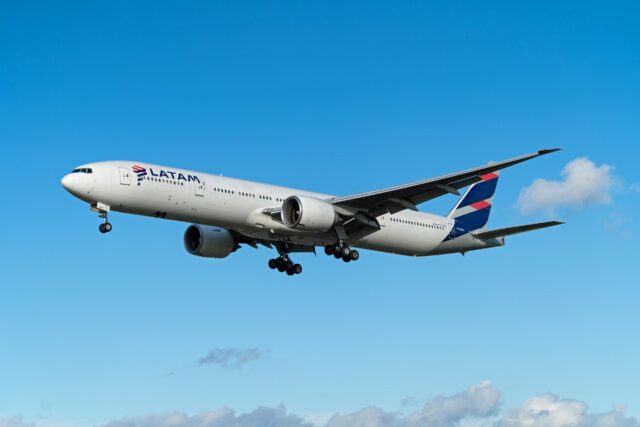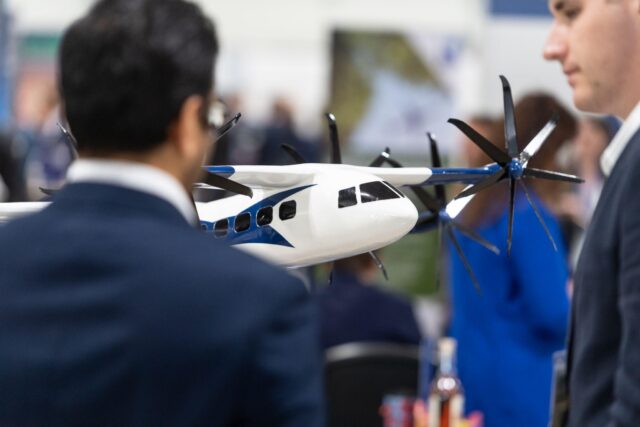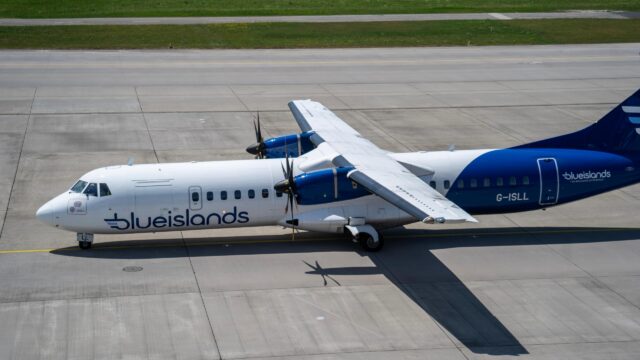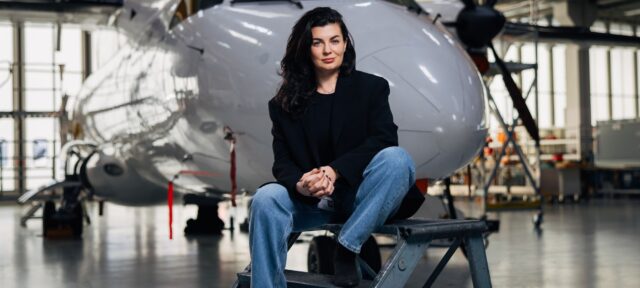SAS calls for policy action to unlock eSAF’s full potential
Scandinavian Airlines (SAS) alongside other aviation and energy stakeholders is calling for urgent policy support to accelerate the development of electric sustainable aviation fuel (eSAF) within the EU.…

February 20, 2025

Scandinavian Airlines (SAS) alongside other aviation and energy stakeholders is calling for urgent policy support to accelerate the development of electric sustainable aviation fuel (eSAF) within the EU.
SAS has spoken out as a leading member of Project SkyPower – a coalition of 75 organisations aiming to demonstrate the transformative potential of eSAF to support aviation’s net zero goals. Project SkyPower estimates that eSAF production could generate around 20,000 high-value jobs by 2050 and has a projected global market worth over €350 billion and the potential to reduce aviation emissions by 400 million tonnes annually.
eSAF hurdles
Despite this potential, the production of eSAF is currently hindered by investment challenges and regulatory uncertainties, with no facility having yet reached Final Investment Decision (FID). A major hurdle for eSAF production is the competition for renewable energy from electric vehicles, AI data centres and other industries, which could limit the energy available for aviation. So, while SAF is recognised as integral to achieving the industry’s net zero targets, the ability to produce enough fuel to make a significant impact remains a distant reality.
To advance the development of eSAF at pace, SAS, alongside the other Project SkyPower members, is urging the EU to adopt five key policy measures to unlock eSAF’s potential.
These measures include prioritising eSAF in the clean industrial deal and sustainable transport investment plan; utilising revenues from the EU’s European trading system (ETS) to fund a market intermediary that ensures revenue stability and mitigates price risks; introducing a bridging mechanism in 2025 to support early eSAF adopters; ensuring regulatory certainty on mandates, production criteria and penalties to attract investment; and creating a government-backed backstop mechanism to reduce project risk and facilitate financing.
Europe as a sustainable aviation leader
SAS argues that these policies will not only attract investment to scale eSAF production but also position Europe as a global leader in aviation sustainability.
Anko van der Werff, president and CEO of SAS underlined the airline’s commitment to a sustainable future and emphasised the importance of eSAF as part of that vision. “However, industry efforts alone are not enough – decisive policy action is needed to scale up eSAF production, drive real industry change and solidify Europe’s leadership in sustainable aviation,” he concluded.
















